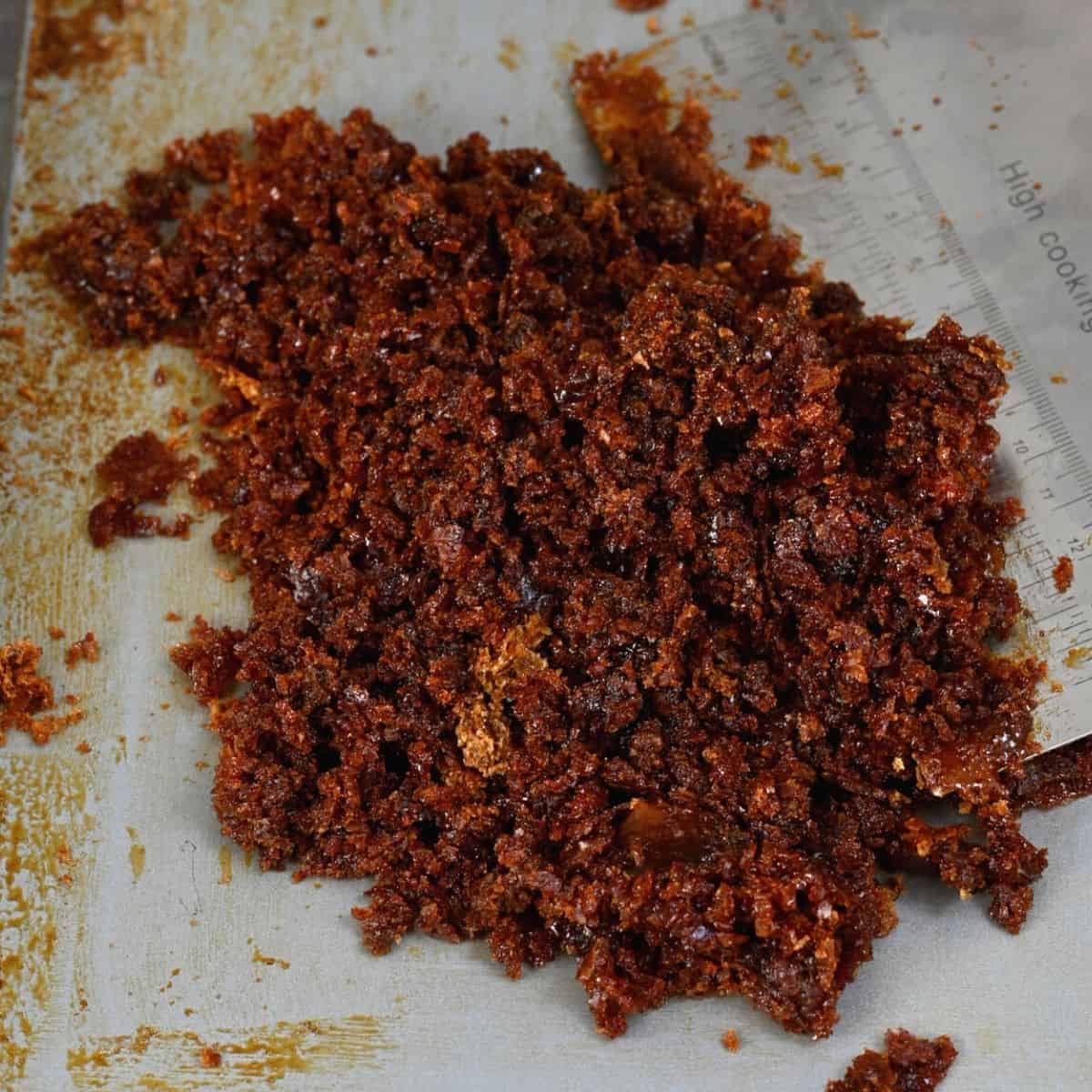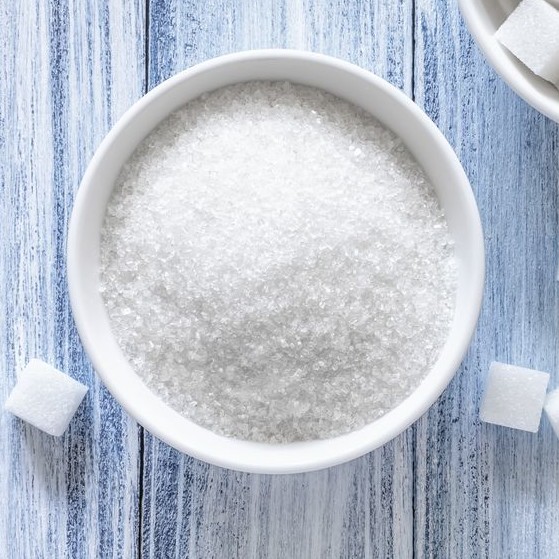Enhance Cane Sugar Processing Chemicals for Optimum Efficiency
Enhance Cane Sugar Processing Chemicals for Optimum Efficiency
Blog Article
Navigating Regulatory Compliance and Sustainability With Cutting-Edge Walking Cane Sugar Handling Chemicals in the Chemical Export Market

Regulatory Landscape Summary
In the realm of walking cane sugar processing chemicals within the chemical export sector, understanding the regulative landscape is paramount for guaranteeing compliance and sustainable procedures. Regulative bodies such as the Environmental Protection Agency (EPA) and the Food and Drug Management (FDA) play an essential role in looking after the production, import, and export of these chemicals. Conformity with regulations stated by these bodies is not only a legal demand yet also important for keeping public health and environmental security requirements.
Governing structures governing cane sugar processing chemicals encompass a variety of facets, consisting of labeling demands, permissible degrees of particular substances, and guidelines for safe handling and disposal. For chemical exporters, this suggests sticking to strict documents procedures, quality assurance steps, and routine audits to demonstrate adherence to these laws.

Sustainable Walking Stick Sugar Chemical Innovations

One prominent area of innovation is the advancement of environment-friendly chemicals that reduce water and energy consumption during the sugar processing phases. By implementing these sustainable services, companies can lower their carbon impact while keeping high degrees of efficiency. Additionally, improvements in biodegradable chemicals are gaining traction, supplying an extra eco-friendly alternative to typical handling agents.
Additionally, the integration of renewable resource resources in the manufacturing process is coming to be a lot more widespread, more improving the sustainability profile of walking stick sugar processing. By welcoming these sustainable cane sugar chemical innovations, companies can not only meet regulatory demands however additionally show a dedication to ecological duty in the chemical export industry.
Conformity Challenges in Exporting Chemicals
Navigating governing structures presents substantial challenges for chemical exporters, needing meticulous attention to conformity standards and worldwide regulations. Exporting chemicals includes adherence to a complex internet of policies that differ from nation to nation. Among the primary compliance difficulties dealt with by chemical merchants is making certain that the items meet the certain regulative requirements of the importing country. This includes getting the required authorizations, accreditations, and documentation to show the safety and legality of the chemicals being exported.
Additionally, chemical merchants have to remain abreast of regularly advancing standards and policies connected to chemical production, transportation, and handling. Failing to adhere to these policies can lead to serious consequences, consisting of fines, lawsuit, and reputational damage. Browsing profession restrictions, assents, and export control legislations includes another layer of complexity to the conformity landscape for chemical exporters.
To alleviate these challenges, chemical exporters need to buy durable compliance programs, carry out routine audits, and engage with regulative authorities to make certain an extensive understanding of the applicable regulations and laws. By focusing on find out here compliance and staying aggressive in attending to governing difficulties, chemical exporters can navigate the intricacies of global profession efficiently.
Environmental Influence of Cane Sugar Handling
The ecological implications of walking stick sugar processing are a crucial facet requiring comprehensive evaluation in the chemical export sector. Cane sugar processing can have significant ecological effects at different stages of manufacturing. One of the primary issues is the generation of large quantities of wastewater consisting of raw material, put on hold solids, and chemicals utilized in the handling plants. This wastewater, if not properly dealt with, can pollute water bodies, harm aquatic life, and degrade overall water high quality. Furthermore, the burning of sugarcane fields prior to gathering, an usual method in some regions, launches harmful air toxins and greenhouse gases right into the ambience, contributing to air high quality concerns and environment change.
Furthermore, the substantial use pesticides and plant foods in sugarcane cultivation can cause dirt deterioration, water contamination, and harm to non-target microorganisms. It is critical for chemical exporters included in the cane sugar handling sector to implement sustainable techniques, purchase innovative wastewater therapy innovations, promote liable agricultural approaches, and follow stringent ecological policies to lessen address the adverse ecological effect of their operations.
Future Trends in Sustainability Practices
What ingenious strategies are chemical exporters in the walking stick sugar handling industry taking on to boost sustainability techniques for the future? As the demand for sustainable practices remains to grow, chemical exporters are embracing various fads to guarantee a greener future for the sector. One prominent pattern is the shift in the direction of creating and utilizing green chemicals in the processing of walking stick sugar. These chemicals are developed to reduce ecological influence while keeping high degrees of performance in the production procedure.
An additional vital trend is the execution of advanced technologies such as automation and data analytics to optimize resource usage and lower waste generation. By using the power of data and automation, chemical merchants can simplify their operations, boost energy efficiency, and boost general sustainability efficiency.
Additionally, cooperations and partnerships with sustainability-focused organizations and stakeholders are ending up being increasingly usual. By collaborating, chemical exporters can trade knowledge, share finest methods, and jointly drive innovation towards more sustainable cane sugar processing techniques. Welcoming these trends will not just profit the setting but also guarantee long-term success and competitiveness in the sector.
Final Thought
To conclude, the chemical export industry need to navigate complex regulatory landscapes and sustainability challenges when processing walking stick sugar. Innovations in cane sugar handling chemicals are important to satisfying compliance criteria and reducing ecological effect. As the market continues to progress, it is very important for firms to take on sustainable practices and stay in advance of future trends read this article to ensure lasting success.
In the world of cane sugar handling chemicals within the chemical export sector, recognizing the regulative landscape is vital for ensuring compliance and sustainable procedures.Checking out ingenious methods in the advancement of sustainable walking stick sugar chemical solutions is vital for advancing ecological stewardship in the chemical export sector. Firms are increasingly investing in study and growth to produce advanced cane sugar handling chemicals that not only ensure high performance in sugar manufacturing but additionally stick to stringent sustainability standards.
Furthermore, chemical exporters need to stay abreast of constantly progressing standards and laws connected to chemical transport, manufacturing, and handling - Cane Sugar Processing Chemicals.The environmental ramifications of walking stick sugar handling are an important element calling for thorough assessment in the chemical export sector
Report this page